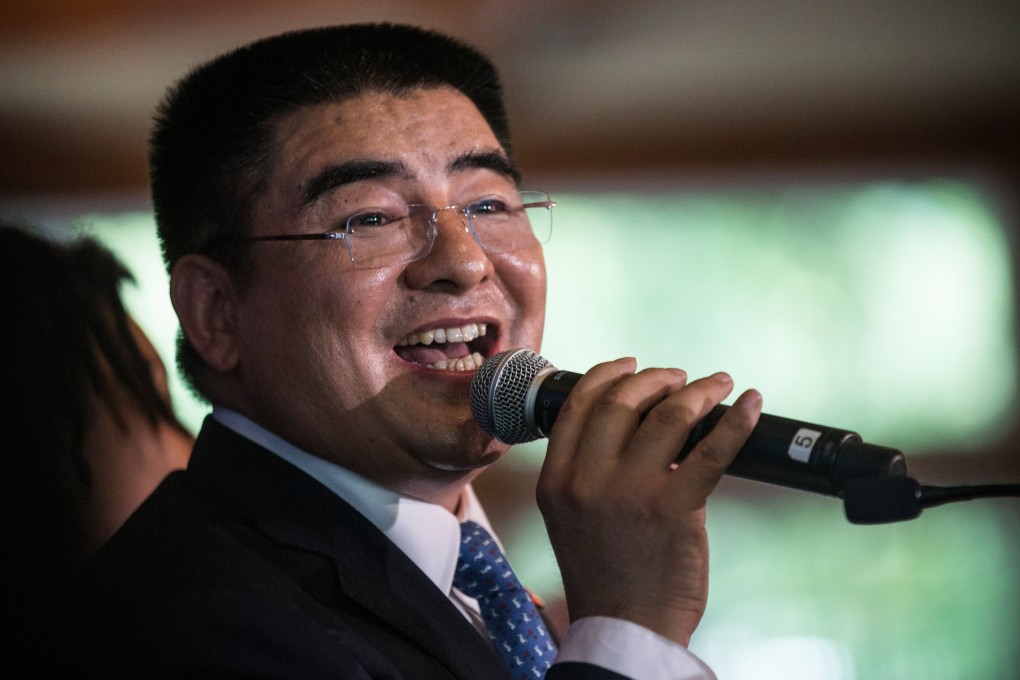New | ‘I kept my US$300,000 promise’: Chen Guangbiao defends himself after homeless debacle
Tycoon admits he knew the night before he wouldn't be handing out cash, but shrugs off flak and says he is eyeing Africa next

Chinese recycling mogul Chen Guangbiao today fought back at criticisms after his philanthropic luncheon for the homeless in New York devolved into heated arguments when the promised cash handouts were cancelled.
Chen, speaking to the South China Morning Post upon his return home to Nanjing this morning, insisted he had kept his promise to help 1,000 underprivileged New Yorkers by donating US$300,000 to a local shelter.
That is the total amount he would have handed out to the American homeless, stated in a The New York Times advert he placed last week in which he promised US$300 in cash at the lunch in Central Park’s Boathouse restaurant.
However, hundreds of would-be beneficiaries yesterday bombarded Chen with accusations he was a fraud when the tycoon announced after the meal that the plan had changed.
Chen acknowledged he was persuaded – the night before the event – by the New York City Rescue Mission that cash payouts was not the best way to help the underprivileged. The Mission helped organise the lunch and invited 250 of its residents to attend.